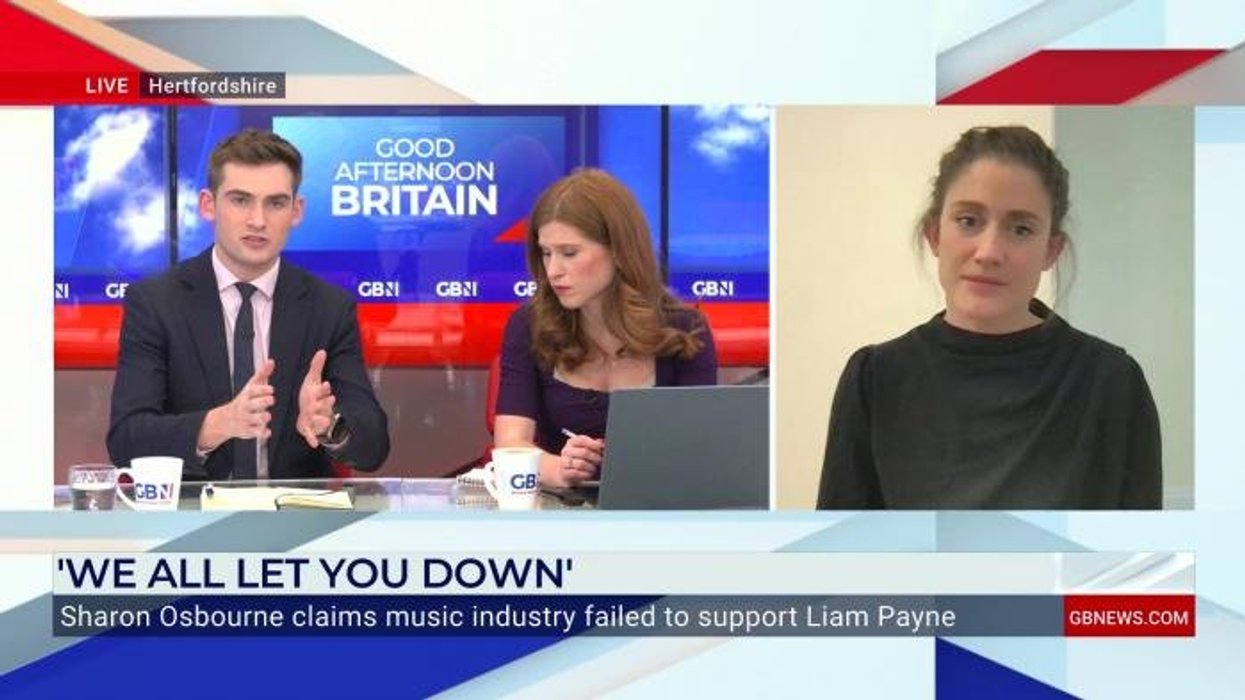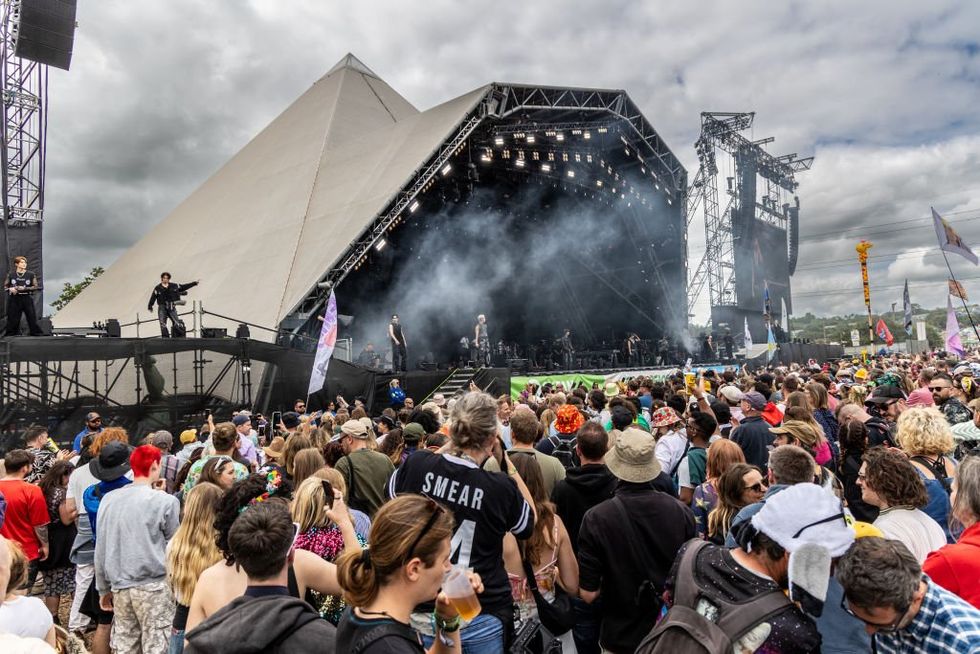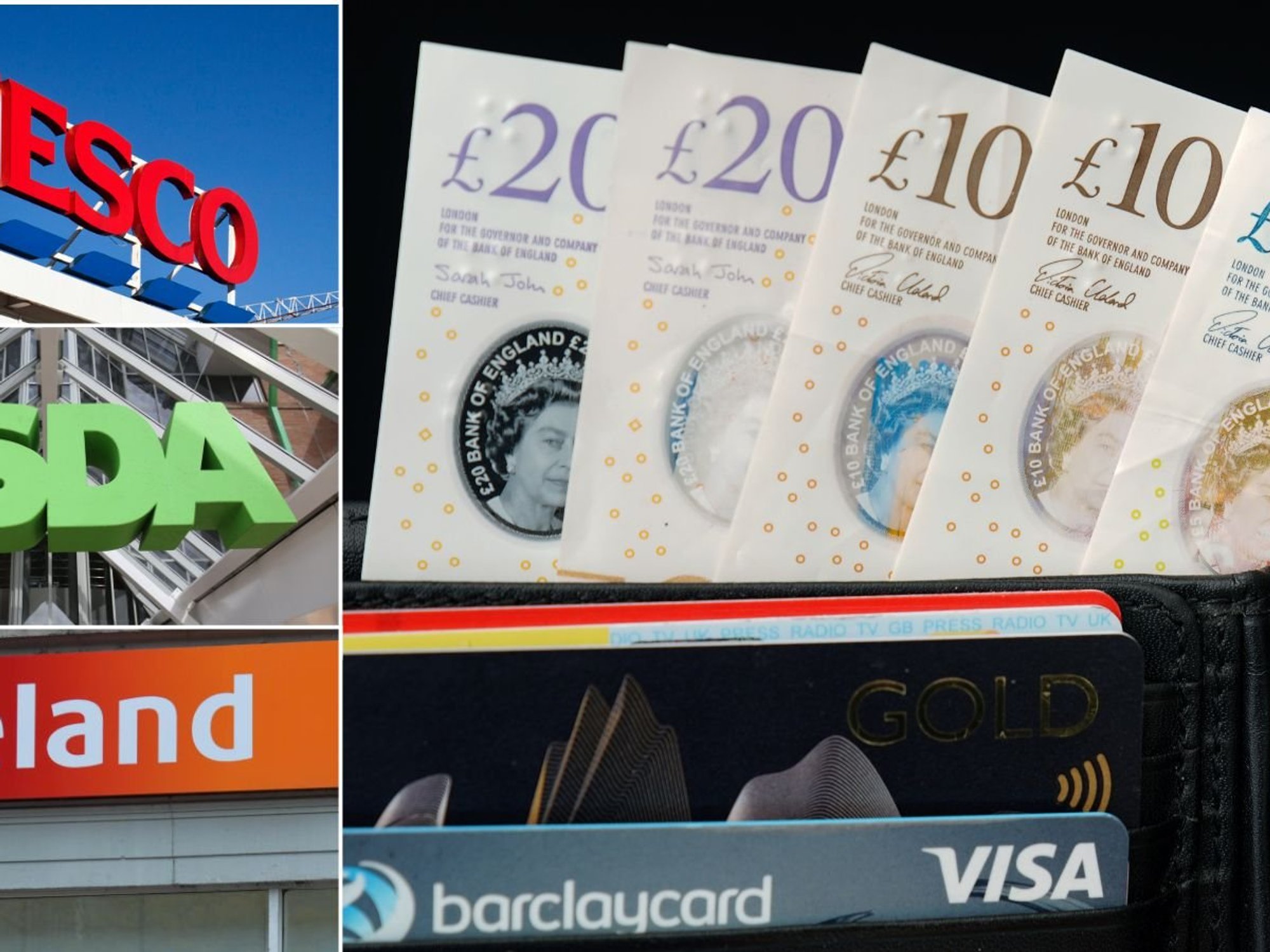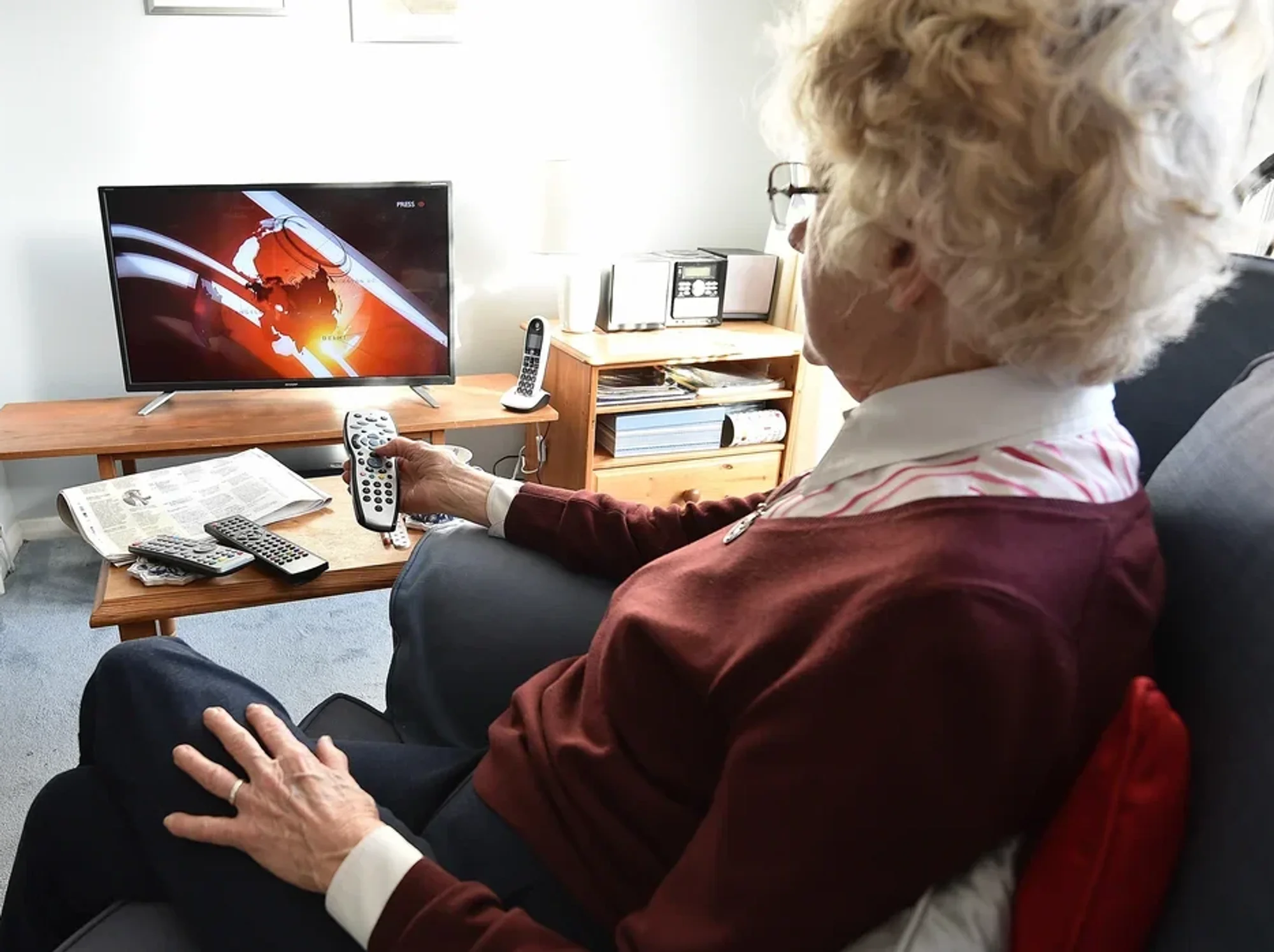Taylor Swift, Take That and Liam Gallagher boost British music industry by 'supersonic' £8billion

Katie Waissel on duty of care for people in the music industry, following Liam Payne's death |
GB News

Exports were aided by the likes of Charli XCX, Dua Lipa and Lola Young
Don't Miss
Most Read
Britain’s music industry contributed a record £8billion to the economy in 2024, new figures reveal.
Major UK tours in 2024 by Take That, Taylor Swift, Bruce Springsteen, Liam Gallagher and Girls Aloud helped drive the economic figures, while exports received a further boost from British artists including Charli XCX, Dua Lipa and Lola Young.
The latest UK Music report shows that while the industry hit new highs, growth fell from the strong gains seen in previous years to just 5 per cent.
Both domestic performance and exports were affected, with overseas revenues reaching £4.8billion but expanding by only five per cent.
Employment in the sector rose to 220,000, increasing by just two per cent.
The £8 billion figure is Gross Value Added (GVA), which shows how much value is created during music production.
It’s worked out by taking the total value of the production, subtracting the costs of materials and services used.
This includes ticket, sales, streaming revenues and sponsorship deals.
TRENDING
Stories
Videos
Your Say
UK Music chief executive Tom Kiehl said: "In recent years UK Music has reported that the music industry has enjoyed double-digit annual growth.
"That growth has now halved indicates a levelling off of the immediate post-pandemic boost that we experienced, as well as other underlying issues."
In 2023, the industry’s contribution grew by 13 per cent while exports jumped 15 per cent, making the latest slowdown particularly concerning.
Mr Kiehl said: "This points to the need for urgent action. If problems are not addressed then future growth cannot be guaranteed." He warned that the deceleration reflected wider pressures beyond post-pandemic recovery.
The report highlighted several contributing factors including a weaker touring calendar and fewer major releases from British artists in 2024.
It found a steep decline in debut albums from UK artists making the year-end charts, dropping from 30 between 2015 and 2019 to just 10 between 2020 and 2024.

Britain’s music industry contributed a record £8billion to the economy in 2024
|GETTY
Musicians cited fewer performance invitations, higher travel costs and reduced royalties as their work receives less exposure in Europe.
The industry is calling for an EU agreement to remove visa and work permit requirements, along with lower costs for carnets — the paperwork needed to transport instruments and equipment across borders.
With the challenges facing the music scene, particularly at grassroots level, some of the country's most prominent artists have stepped in to support struggling small music venues.
This week, Sam Fender donated the £25,000 he received winning the Mercury Prize to the Music Venue Trust (MVT), a charity that protects and improves small venues around the country.
LATEST DEVELOPMENTS

Employment in the sector rose to 220,000, increasing by just two per cent
|GETTY
Rising American visa fees and longer processing times have also prompted appeals for reciprocal UK-US arrangements to ease financial pressures on touring performers.
Artificial intelligence has emerged as another major challenge for the sector.
More than 90 per cent of music creators surveyed by UK Music said they wanted safeguards to prevent their work being used without permission or payment.
The growth of AI-generated music capable of mimicking human creativity is seen as a threat to artists’ livelihoods, as it competes for listeners, spending and royalties.

AI is seen as an existential threat to the music industry
|GETTY
Survey results showed divided opinions within the industry.
More than half of artists said they would never use AI tools, while two-thirds of producers said they were already using or considering them.
The sector is urging the Government to introduce mandatory disclosure of copyrighted material used in AI training, and clear labelling for AI-generated content.
Mr Kiehl said: "While it is brilliant news that the government now acknowledges music as a high-growth sub-sector, ultimately the government needs to be judged in terms of the progress it makes in regulating artificial intelligence and unlocking EU touring."
He added: "The status quo on these two big issues is currently tilted against music’s interests."
The report, entitled This Is Music 2025, calls for urgent measures to restore balance in the industry.
Foreign Secretary Yvette Cooper said: "We are committed to working with our European partners to make it as easy as possible for British artists to perform their music on the continent."
However, industry leaders remain unconvinced that the Government’s £30million Music Growth Package will be enough without further regulatory reforms.
Our Standards: The GB News Editorial Charter
More From GB News










